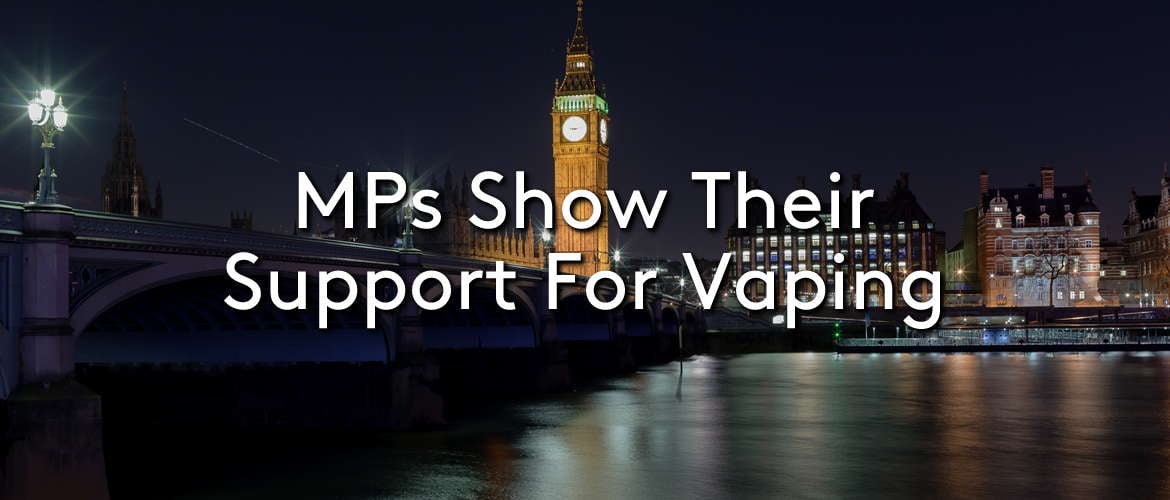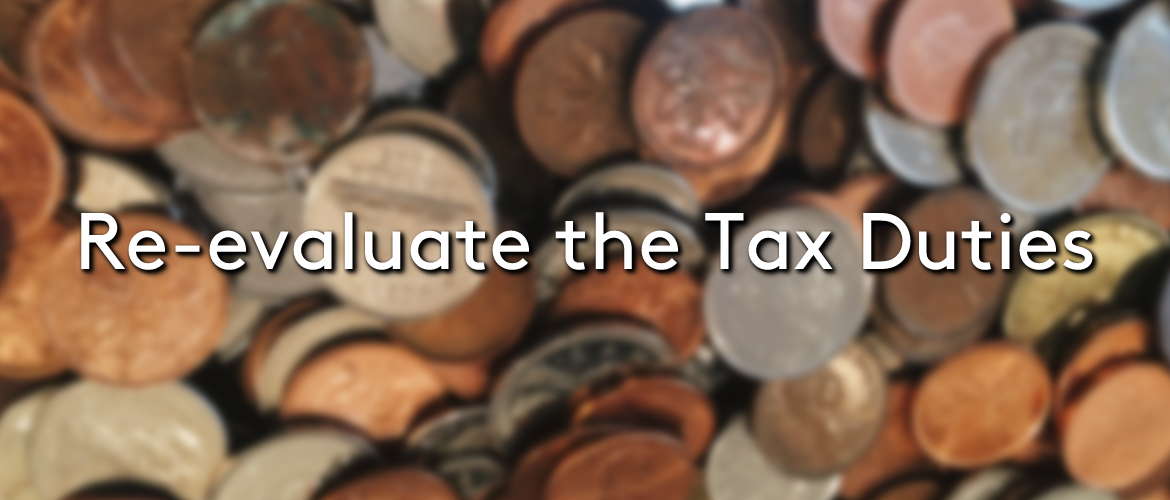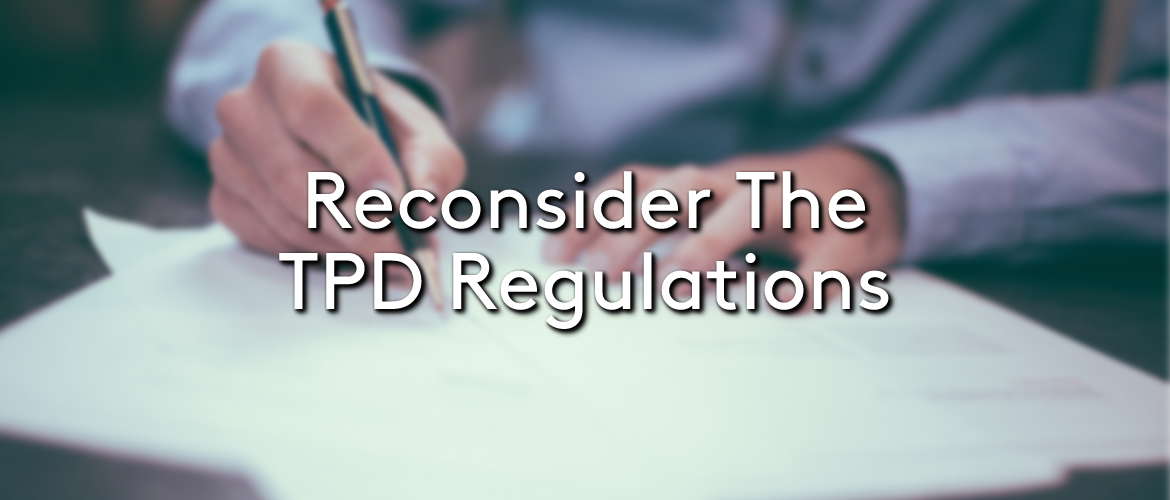MPs have recently come out with a report expressing a list of recommendations for suggested changes to taxes and location restrictions for the use of e-cigarettes.
These recommendations could mean the start of some serious changes for the vaping world, so what are MPs saying about vaping?
Changing People’s View
One of the important subjects raised by the report is that often e-cigarettes are viewed in the same way as conventional cigarettes.
While the fact that e-cigarettes are far better for your health than smoking is widely recognised, the vast majority of the time their use is reserved for the ‘smoking area’ and vapers are still required to pop outside to use their device.
The use of e-cigs is prohibited in many places like train stations, aboard public transport, in work places like office buildings, and in many public spaces such as shopping centres and cinemas. Although, as a curtesy to others it may not always be appropriate to vape in these situations, MPs have suggested that there should be looser restrictions on vaping as a way to encourage people to make the healthier choice to vape rather than smoke.
Ensuring that vaping is not only the healthier choice, but also the more convenient choice will push many more people to put down their cigarettes and pick up a vape pen.
This will not happen until vaping and smoking are no longer considered to be one in the same, which we have discussed further in our blog post ‘Vapes Aren’t Tobacco Products’.
More Freedom to Advertise
Another recommendation being pushed by the report is more freedom for the vaping industry to advertise. Currently, there are strict rules for advertising when it comes to e-cigarettes and e-liquids, which is a hindrance when you consider that the vaping industry is still in its infancy, and advertising is one of the most effective ways to grow a business and build a customer base.
It can also be said that until the advertising restrictions are reconsidered, there will be people who remain unaware that vaping is a healthier alternative as well as an effectual stop smoking aid.
Re-evaluate the Tax Duties
It has been suggested in the report, similar to the suggestions made in our blog post ‘Evapo Responds to the Proposed Vape Tax’, that rather than increasing the tax on vape related products, the taxes should in fact be decreased to reflect the benefits that can be achieved long-term by the increasing number of people making the switch from smoking to vaping.
Although more research is needed to know if there are any long-term health complications associated with vaping, it has been found to be 95% safer than smoking tobacco products, and many people find that their health has improved significantly since making the switch.
This takes some of the pressure off the NHS as in the long term it will decrease the amount of smoking related illness and disease that is currently a drain on our National Health Service.
Reconsider the TPD Restrictions
As of May 2016, the Tobacco Products Directive created new rules that restricted the sales of e-cigarettes and nicotine containing e-liquids.
Among other things, these laws prohibit the sales of tanks with a capacity over 2ml, dictates that nicotine containing e-liquids cannot be sold in bottles bigger than 10ml, and makes the sale of e-liquids with a nicotine content in excess of 20mg illegal.
The report posted by MPs proposes that these laws be re-evaluated. For example, the 2ml tank restriction can leave some people having to refill their tank multiple times a day, whereas, before the introduction of TPD on e-cigarettes, larger tanks were readily available. Small changes like this can increase the appeal of vaping, which is in our best interest if we would like to see a tobacco-free nation in the near future.
Although some of the changes and reconsiderations suggested in this report may not be easily introduced and there are some ideas that will likely be opposed by a substantial group of people, such as the use of e-cigarettes being permitted on public transport like trains and buses.
There are many suggestions that could prove to be a beneficial step in minimising the use of tobacco products.
The report is, in its basic premise, urging the government and public alike to recognise the benefits that can be associated with the use of e-cigarettes and to understand that traditional cigarettes and electronic cigarettes should not be thought of as one in the same.
Sources:






























